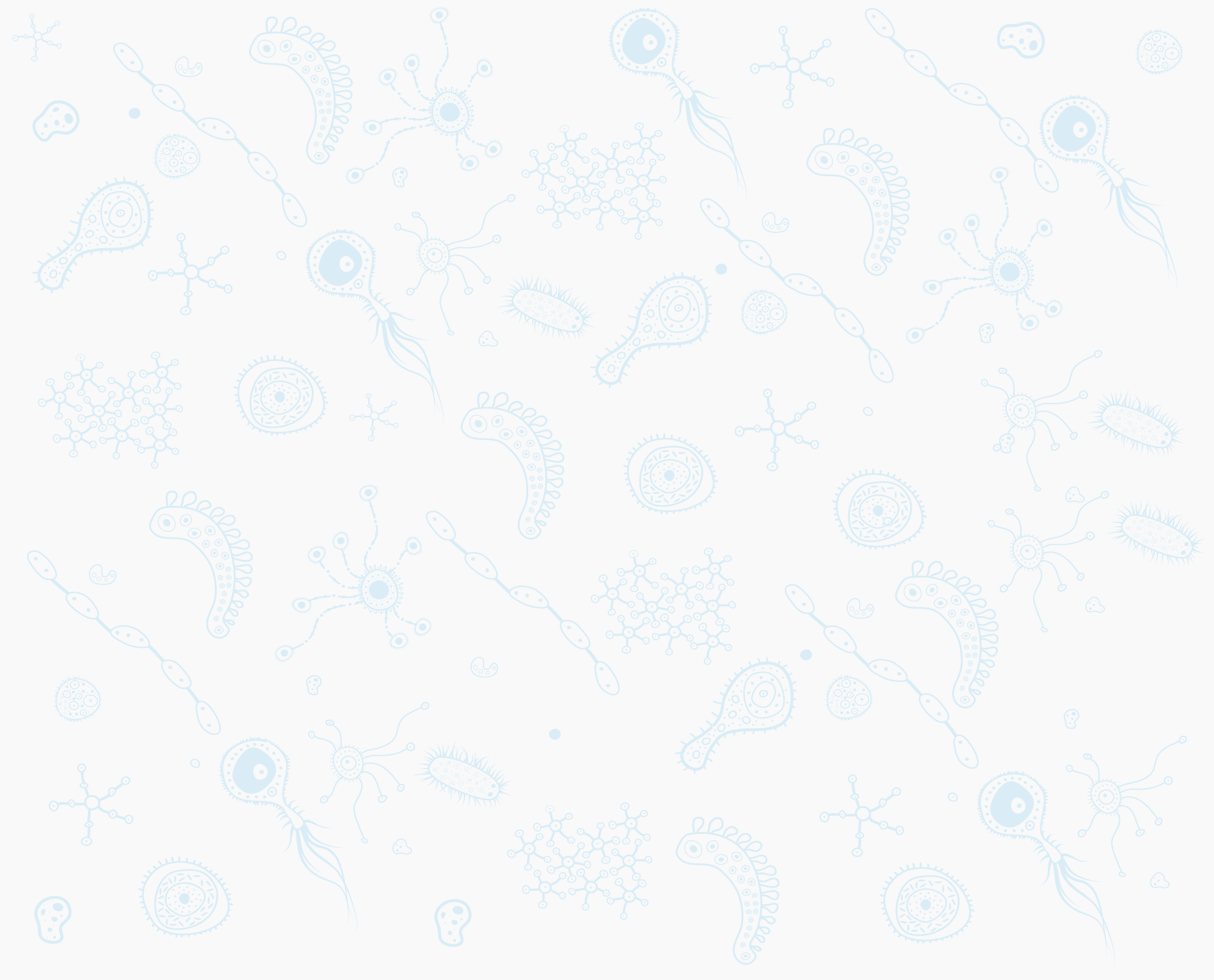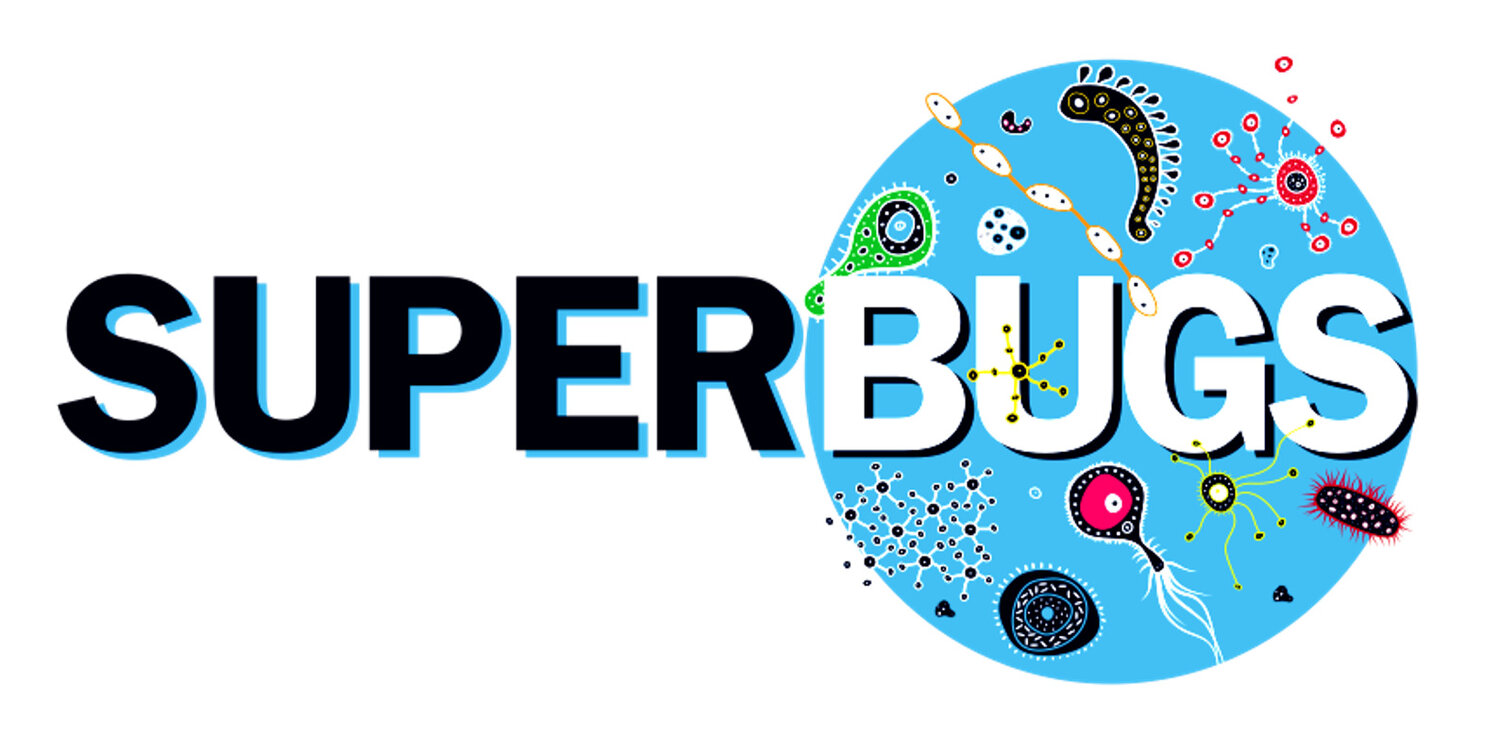
Being a Biochemist
Meike Heurich, Lecturer at the School of Pharmacy and Pharmaceutical Sciences, Cardiff University

When I was 14, I did an internship in an architecture firm and loved it. I still have my technical drawings. But then I was put off studying architecture by the level of studying maths required for this degree. So, I didn’t pursue it.
Instead I became a scientist.
In school, I was good in biology and chemistry, although my old-school chemistry teacher didn’t entirely agree, and with only two girls in his advanced chemistry class, we were often subjected to prejudiced remarks.
I finished school with biology and chemistry as my specialisation, and after I had been to an open day at university, I decided to study biochemistry. At that open day, a biochemistry lecturer told us that: “if you choose to study biochemistry, you will: a) not earn much money, …ever, b) never have any holidays, or free time, …ever, and c) probably drop out after a year because most people are not smart enough…”.
What??
At that point, several people got up and left the room. I was determined - or stubborn - and thought: “it can’t be that bad!?”
Well, it isn’t… most of the time. What I didn’t know that day is, that when studying biochemistry as a degree, you need a lot of maths too, this is the case for any science subject. But this actually worked out ok. Soon after, I was accepted at University to study biochemistry as a degree.
So, what is biochemistry?
Biochemistry is the study of, well, everything. I studied everything from maths (of course), to botany, to physics, to organic and inorganic chemistry, cell biology and energy metabolism, protein biochemistry and structure, enzyme kinetics, immunology etc etc; noting that a biochemistry degree in Germany takes on average 5 years.
What did fascinate me most from the start, and still does, are all those inter-connected biochemical pathways. It is mind-blowing. Just imagine: if one ‘piece’ (molecule) in a single pathway, that is linked with numerous other ‘pieces’, fails, then the downstream effects can be massive and are complex to unravel.
This is what happens in disease and why it is so difficult to understand complex disease processes. And this is what I research today, I am a protein biochemist in the area of innate immunity/complement and coagulation (commonly known as: clotting). I study protein pathways and networks which are present in our blood. These blood proteins are relevant to our immune and clotting systems. The immune and clotting systems are closely linked biochemical pathways. In disease, they can cause a lot of damage, if their inter-communication is disturbed and they are over-activated, and can attack your own body.
But let’s go back. This is not what I did right away when I finished my biochemistry degree. I spend the last year of my degree abroad on an ERASMUS program exchange and loved it. I did my master thesis project work abroad. A master is an advanced academic degree at the end of your university studies when you specialise in a certain topic and write a thesis (your first mini-book). During that time, I specialised in the area of biosensors (Defn: A biosensor is an analytical device that incorporates a biological material, such as an enzyme or antibody, with a physicochemical transducer). To give some context, the glucose monitor, that records blood glucose (sugar) levels and is used by diabetes patients, is a biosensor.
I continued my academic education by doing a PhD in biosensor development. A PhD is an advanced academic degree where you do your own independent research, write a thesis (your first book) and undertake a viva at the end of it. In the UK, this viva voce is an oral exam, which means 'with the living voice'. It's a discussion with a panel of academic experts, where you have the opportunity to defend your PhD thesis.
During my PhD, I developed a novel biosensor to measure mycotoxins. These are toxins derived from mould growing on grapes that are present in some beverages, like wine. This is where studying physics came in handy, because I used voltammetry (Defn: voltammetry is the study of current as a function of applied potential) to measure the binding of a receptor molecule with this mycotoxin.
In terms of career progression, after my PhD, only by chance did I transition to immunology and blood proteins - this happened about 13 years ago. Mainly, because the lab I applied to at the time was using my favourite biosensor for protein analysis. Here, I learned about the complement system (Defn: the complement system is made up of blood plasma proteins that react with one another to ‘label’ pathogens and induce a series of inflammatory responses that help to fight infection). I became intrigued by this part of the immune system that we have in our blood and how a bunch of proteins can protect us against pathogens, but also how it can make us sick if it gets over-activated. During that time, I learned many different laboratory techniques to study the immune system in the blood and how these immune proteins react with one another.
Microscopic image of a fibrin clot in the absence of the complement factor H
To date, I still use my favourite biosensor to investigate blood proteins and cells of the immune system. I analyse new interactions between proteins and measure their binding strength. This allows us to discover new interactions between proteins that were unknown before, and characterise how they work together.
I am now heading a research group at Cardiff University that studies the protein interactions of the blood immune system with the clotting system and how these work together. We are interested in figuring out how immune components in the blood are involved in blood clot formation. We also investigate how immune components contribute to disease when this inter-connected network is not functioning correctly, for instance because a particular blood protein is mutated. This can cause an imbalance in these biochemical pathways, often leading to over-activation.
A lot of different diseases involve our blood immune and clotting system being ‘out of balance’. I have researched this in variety of diseases, and the particular ‘imbalance’ is different for each disease. For instance, I’ve investigated renal diseases such as dense deposit disease or the relatively rare atypical haemolytic uremic syndrome, but also sepsis, which is the body's extreme response to an infection. Currently, I am investigating how the blood immune and clotting systems are imbalanced in patients with psychotic disorder, this includes for example schizophrenia. You may wonder why in a disease that affects the brain, there could be such an important role of the blood. Often, in these complex diseases, it is a combination of factors in the brain, as well as genetic and environmental factors, in addition to systemic effects in the blood. Our research has identified that these blood proteins in the complement and coagulation pathways are present in different amounts in the blood of those individuals who develop psychosis. We are now trying to identify protein patterns that can help to develop diagnostic tests and new drugs.
I started at university about 23 years ago. Since then, I have moved from Germany to Sweden, from Sweden to England and England to Wales, and back to England. As a scientist you have the opportunity to travel the world and even live abroad, often only for a short duration, or longer, maybe even stay; that is up to you.
What I like most about my work is that it is versatile and never boring. While training as a biochemist, I had the opportunity to specialise in biosensor technology, then applied this technology to research the immune system, and now clotting system. My research combines many different disciplines. As a scientist one learns a lot of different laboratory techniques and how to analyse and interpret data. One learns how to write articles for journals and books and how to manage a research budget and a team, and how to teach university students.
Yes, I do use a lot of maths in my work. I wish I could tell my 14-year-old self not to worry. Do I have a decent salary? Yes, for me it is. Salary varies for scientists in academia or industry, so it is best to be aware of that early on. Do I go on holiday? Yes, and again holiday allowance varies for academia or industry.
Was becoming a biochemist the right decision or should I re-train as an architect? Well, I have not really regretted it in these 23 years. While it is hard at times to align this kind of job with family commitments, and there are times where you will work late nights and weekends to meet a deadline, being a scientist is great!
You can find out more about my research at the link below.

